RTIwala Exclusive Interview of Srijan Pal Singh
RTIwala Team presents a Super Exclusive Interview of Shri Srijan Pal Singh, the most trusted aide of Late Dr. APJ Abdul Kalam. He is an IIM-A Graduate and ex-employee of world-famous the Boston Consulting Group. Read further to know more about him.
Rw: Sir, currently you’re working with the Uttar Pradesh Government on the State Start-up Policy. How do you perceive the current state of affairs in the largest state of the country on the social and political front? In your view, what are the major hurdles in achieving the goal?
Srijan Pal Singh: It is my home state, I was born here. Many many generations of both sides of my family have been a part of this state. And as long as I can remember, since the last 200 years, my family has been in Lucknow, right, in this state. Now U.P., as you said is India’s largest state. It’s not just India’s largest province; it is the world’s largest province. There’s no other state in any other country as big in population as U.P. is. Twenty-two crores, that’s two third’s of the US population in a single state.
Now, of course, it’s a largely agricultural state, contributing as a No.1 producer of wheat. A lot of people think that Punjab is the largest producer of wheat but that’s not true, Uttar Pradesh produces more wheat than Punjab. It is U.P. that produces the largest amount of sugarcane. Many people think it’s Maharashtra, that’s not true. So, all your staple crops, almost everything that you eat comes from this state, right. The state is glorious. The state has fought against the British as no other state has, it has lost lives, and its economy was destroyed by the British because it struggled for freedom. It just refused to be enslaved. And if you go back in history and I’ve studied a lot of history, I’ve written a book on the history of U.P.
ALSO READ: Gaurav Munjal – The Other Salman Khan of India
The history of Uttar Pradesh in the medieval, the modern history is that Uttar Pradesh resisted foreigners and the foreigners defeated the state, the British state. And when that happened, the foreigners oppressed and killed its economy and the British did that like nobody else. That’s what pushed U.P. back into the economy, jobs are less, people are poor, and you know general decline which you see in the social demographics, and because of these parties, there’s that simmering general unrest, crime and all such things happen. But I think, and hence, the reason I’m telling you the long story is that the cause, U.P. does well, but there are certain things which are problematic in the state. But the cause is economics; the cause is the fact that people don’t have jobs and those who have jobs do not have enough pay, right. So it’s an underpaid and an underemployed state. We have to change that.
And I think, the way to change that is through creating new enterprises, and that is the reason I spend half of my time now in my home state, trying to nurture new enterprises, and they’re doing it. They’ve already started the process. They’ve already got enterprises which we are supporting. So my commitment to the state is to get more and more enterprises, more and more start-ups. There are ten crores young people in the state.
The Dr. A.P.J.Abdul Kalam Technical University, AKTU, is now perhaps the world’s largest technical university. It has got 600+ colleges, five lakhs engineering students. And if out of these 5 lakh students, I can create 0.01% start-ups, that will still be 50-100 good companies and they could employ so many people and create so much of wealth in the state so that people don’t have to go out of U.P. to become laborers in Punjab, to do farming, as auto drivers in Delhi or in Bombay, where they live in small houses, extremely small places and they work 12-16 hrs a day ad they barely get enough to eat, sleep. They are away from their family, away from their mom and dad. I don’t want that to happen. I have great faith in them, these are very hard-working people you know, and they’re insulted.
ALSO READ: SHRI SHAILESH GANDHI – AN OUTSTANDING CIC INDIA EVER HAD
I don’t know if you’re from U.P. or not, but I feel bad when anybody is insulted, I feel really bad. You know when they’re beaten in Bombay, they’re called criminals in Delhi, Bangalore. That’s not true. They run the roads. Roads in India will not run if people from U.P. are not driving those taxis. Food of India will not come if the farmers in U.P won’t go to sell in the scorching heats, floods, and rain. U.P. is a great state, but the problem is it has no jobs, and that’s the biggest problem. It’s even in Barabanki and Bahraich in Lucknow; it’s not even a state, it’s a small city with no job. Even if you’re a Postgraduate, an MA or M.Sc. or even a B.Tech, you’ll not find a job of Rs.10,000 per month, you cannot find, and that’s a problem.
[amazon_link asins=’9350293471,0143333542,0143334263,8129124912′ template=’ProductCarousel’ store=’wwwrtiwalain-21′ marketplace=’IN’ link_id=’bc26c48d-a959-11e7-bfaf-6b0b37b1b317′]
I want to create those jobs, and the Govt. is beside. You cannot say that the Govt. has to do everything, that’s not true. You and I can do so much. You’re running a platform, single-handedly, I’ve seen your page, it’s okay you’re struggling, everything struggles in the beginning but you’re doing it, right? So there are some changes you’re trying to do and some changes I’m trying to do, and you and I get together, we can change so much. We don’t have to say ‘Oh, this Government should do that and that Govt. should do that’. We can do and the Government will support, and it is supporting.

So, my idea is to do that, to create more and more jobs in the state. And as Dr. Kalam said, more and more jobs need to be generated in the state, and that’s why I’m working on the start-up policy, I’m working with Dr. Abdul Kalam Technical University as an advisor, on start-ups, on innovations and I think a lot of problems can be solved by young minds.
The other day I funded a start-up actually, they’re incubating one which is based on water technology. So, if you look at the RO machine in your homes, it wastes about 75% of water to generate 25% of water and that’s a massive wastage, it goes in your sink. It doesn’t even flush your toilet. And you use electricity that generates the water, which then goes into a waste. What’s the point? So these guys have solved that with an RO machine which goes through a double cycling process and by the wastage of that, he’s able to reverse the ratio. So now, 75% of water is drinkable and 25% is wastage. So image, how many litres of water you’re saving every single day.
This man needs to be funded. Tomorrow, this man goes to an MNC and works there; it’s a waste for the country. If he goes into coding and does troubleshooting for his clients, he’ll do a great job but then he could do so much for the country and the state. I don’t want to lose these young men and women who can do so much. That’s the whole idea which keeps me hooked onto the state of Uttar Pradesh or any other state. It is not that my work is limited to U.P., I’ve worked in Madhya Pradesh, Gujarat, Jharkhand, Karnataka, W.B., Bihar.
ALSO READ: SHRI A S PANDIT IES – THE MESSIAH FOR UPSC, SSC, GATE & IES ASPIRANTS
We’re trying to get something set up in J&K so that children can read and write, rather than doing all those fun things. We want to have books and not stones. When you have books, you can only throw knowledge. And that is good, who doesn’t want to be thrown at knowledge. So we’re doing a lot of work in Kashmir, and also Delhi, you know. Our office is based in Delhi, but yes, U.P. is the focused state for start-ups, that’s true.
Rw: Sir, who’s your favorite politician and political party? Will you ever join politics for Rajya Sabha, if offered?
Srijan Pal Singh: See, the favorite politician is a very complicated question, name one and the other gets upset, same goes with political parties. Let’s put it this way, talk about politics and discuss the third question mentioned because the moment you say a favorite politician, there’s a lot of mess. Let’s talk about politics.
Dr. Kalam said, “Politics has two components, one is political politics and the second is, development politics.” So, 70% of politics should be development politics and less than 30% should be political politics. And political politics means rhetorics, praising oneself and blaming others but that too is needed sometimes but keep it less than 30%. The other 70%, you collectively talk about how to progress. Now the problem is, sometimes our politicians do the opposite. They’re more interested in political politics and less interested in development politics. Now, your question is whether I’ll ever join Rajya Sabha.
I don’t know whether I’ll join politics right now or not. As of now, I’m not a politician. But if I join, I’ll do more of development politics because it’s Dr.Kalam’s formula that you should have 70% development politics.
Think about it, if you look at both Lok Sabha and Rajya Sabha, most of the people are what? They’re either lawyers, or they’re people from media, cinema, and sports. Some of them are total grassroots versions who’ve worked all their lives for social justice, which is also fine. Now, a few people are also from armed forces, ex-army, ex-IAS, and ex-IPS officers and bureaucrats. Think about this, do you have scientists as politicians, you don’t have scientists.
Rw: Maybe Sir, a couple of doctors, just one or two.
Srijan Pal Singh: Maybe. But they’re doctors, not scientists. Doctors and scientists are very different. I’m talking about core scientists, people from this industry. Do you have people from nanotechnology or biotechnology and people who have a great reputation as economists perhaps? Do you have those great authors who can write on modern things? No, they’re not there.
[amazon_link asins=’8129124912,9350293471,0143334263,0143417304′ template=’ProductCarousel’ store=’wwwrtiwalain-21′ marketplace=’IN’ link_id=’eefe766b-a949-11e7-b305-e72b2991ef99′]
I think our Parliament, Lok Sabha, and Rajya Sabha also, need people who are great scientists, great economists, writers, and thinkers. Of course, we need the people we have, but we also need these kinds of people so that we can also address futuristic issues. You know, I’ve nothing against lawyers, but they have a career of seeing the present. They look at the past and say you’re wrong, my client or the other guy is right. So that’s what the lawyers do, they’re more in the present. Scientists, on the other hand, are equipped to think about the future, they know how technology will bloom. So, we can also look at them.
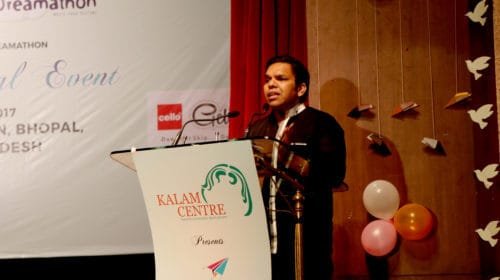
Now, personally, if you ask me, I don’t have anything against it or for it. As of now, I’m not into politics, and that’s it. But if I know, if I’ve served people enough and I understand the needs better than what I’d understand right now, there’s nothing against it.
Rw: So, in the future, you may consider contesting in Lok Sabha elections?
Srijan Pal Singh: Yes, of course. I have nothing against politics. This country is a democracy; it runs on Lok Sabha, Rajya Sabha, and the Parliament. As citizens, how can you say that I’ll not participate and contribute to democracy in the country, right?
Also Read: ON GANDHI JAYANTI, RW REVEALS TOP 10 UNKNOWN FACTS OF MAHATMA GANDHI
Rw: Sir, the next question is from your twitter poll. What do you think is most dangerous to a nation? How should we deal with those issues?
- Criminals in politics
- Paid News
- Corporate malpractices
- Delayed justice
Srijan Pal Singh: See, all four are important as everybody said. I think, out of the four, there are two which you can easily shortlist. One is the fact that India is a democracy. The most important policy-maker is the legislature, which is politics. Decriminalizing politics is an essential thing and also getting good people in politics is equally important. Corporate corruption, people have voted the least.
[amazon_link asins=’8175994746′ template=’ProductLink’ store=’wwwrtiwalain-21′ marketplace=’IN’ link_id=’b26c45f1-a999-11e7-9260-c32ff08d32f8′]
Now, I don’t agree with them because, in my book, The Black Tiger, I’ve highlighted that how poor corporate management, the people who can do corruption, can give you the money, is the businesses.
Unethical corporations are the starting point of all corruptions because that’s where the money begins. So, you’ve to clip these two. And who’ll clip the politicians and businesses? It’s the policies, which come from politicians. So these politicians and businesses, two things that need to be clipped first. Everything else will fall into place. If the politicians want, they can take care of the businesses, take care of media. But the politicians are funded by business. So essentially, it is the poor corporate practices that start corruption. To me, which only 4-5% people voted for, is the no.1, business. Next, no.2 is politics. And the rest will fall in line.
ALSO READ: SUSHMA SWARAJ AT UNITED NATION GENERAL ASSEMBLY
Rw: Yes Sir, there are so many people working towards uprooting corporate malpractices as well.
Srijan Pal Singh: Yes, look at the 2G case. Who’re gaining, the corporates and the country was losing. Many corporate houses would’ve gained. The airways belong to everyone; it’s the country’s property. It belongs to us. But if the corporates said that we’d nor do anything wrong, our shareholders will not let it happen in our corporation and if a CEO does it, we can fire that CEO. Then no corruption would’ve occurred. How would the politicians do corruption if the corporates said we’ll not let it happen?
This is very important, and that’s the reason I wrote ‘The Black Tiger.’ I want people to understand that corruption is a very complicated process and the country needs a solution to each of the problems– corporate, judiciary, politics, bureaucracy, press, media, foreign relations. All these things work together. It’s not that all politicians are corrupt, all people in the judiciary are right. That’s not true. It’s a complex web; it stings all the pillars of democracy. We have to cut it across all the pillars together. That’s the strategy in ‘The Black Tiger.’
Rw: Please elaborate on the mission and values of the Three Billion Initiative as a not-for-profit organization. Tell us about your short term and long term goals as the Founder and Director of the Three Billion Initiative.
Srijan Pal Singh: The Three Billion Initiative essentially works for creating solutions for three billion. Three billion is the rural population, not just in India but the world, the Below Poverty Line population of the world. Not the Indian poverty but the international Poverty Line, people living below $1.25 Purchasing Power Parity(PPP). And there are also 3 billion people in the world, who are young. So there are two kinds of 3 billion population that we are considering under the initiative.
[amazon_link asins=’0143423681,0143333542,8189477358,8173711461′ template=’ProductCarousel’ store=’wwwrtiwalain-21′ marketplace=’IN’ link_id=’fb812640-a95c-11e7-97b5-c1db64b37a8f’]
The idea of the Three Billion Initiative is based on the book, Target Three Billion which is based on how young people can work, especially in villages to bring the 3 billion people out of poverty and give them income and stability.
Social enterprise solutions which can work with the Govt. or without the Govt. and help people gain income and dignity.
Rw: As the Co-founder and CEO of Dr. A.P.J. Abdul Kalam Centre, how do you perceive its achievements since inception, in the light of the visions and dreams that our legendary former President Late Dr. Kalam believed in? Or do you have a different way of looking at issues as on today?
Srijan Pal Singh: So, you can go through our website for every detail. We’ve set up an incubator in the name of Dr. Kalam. It’s 1000 sq. Ft. incubator in a city like Lucknow, which is not one of the top-most business destinations as of now. And we want to create about 50 different business in the state, especially in Lucknow which can promote job creation.
We’ve instituted the Kalam Innovation and Governance Summit which happens at the end of the year. It happened last year, and it will happen again this year. It’s a platform where top people, top bureaucrats and people associated with governance should come together and share ideas on how to make governance transparent. We have the awards as well to celebrate the spirit of Innovation and governance.
On Dr.Kalam’s anniversary of passage, that is July 27th, we run the Livable Planet Earth Conclave in which we invite about 400 delegates from all over the world, young people, we give them tickets, etc and they share their ideas about how to make the planet livable, which was Dr. Kalam’s last topic of lecture. And we call about 25-30 odd speakers, an expert in their domain. Dr. Satyarthi had come, Ananth of Super 30. Then we had Dia Mirza, Javagal Srinath, and also many Paramveer Chakra winners have come and we do that as an Annual Conclave.
We do a lot of work on celebrating people who have done good for children, youth and of course, we are doing a Dreamathon, where a million children are writing their ideas on a better India. 10-15 years from now, we’ll send it as a book to all the policymakers of the country. So these are things that are happening among others.
We run an Advantage India Fellowship wherein we send the best graduates of India to deep villages to transform India from within and live there for a month. Last time in March or April, IIM-A students were there amidst remote conditions in Gujarat. It’s a marvelous thing.
Rw: The PURA, as an initiative was an essential part of the 12th Five Year Plan. In your view, how much has been achieved by the government/administration towards the provision of urban amenities in rural parts of India?
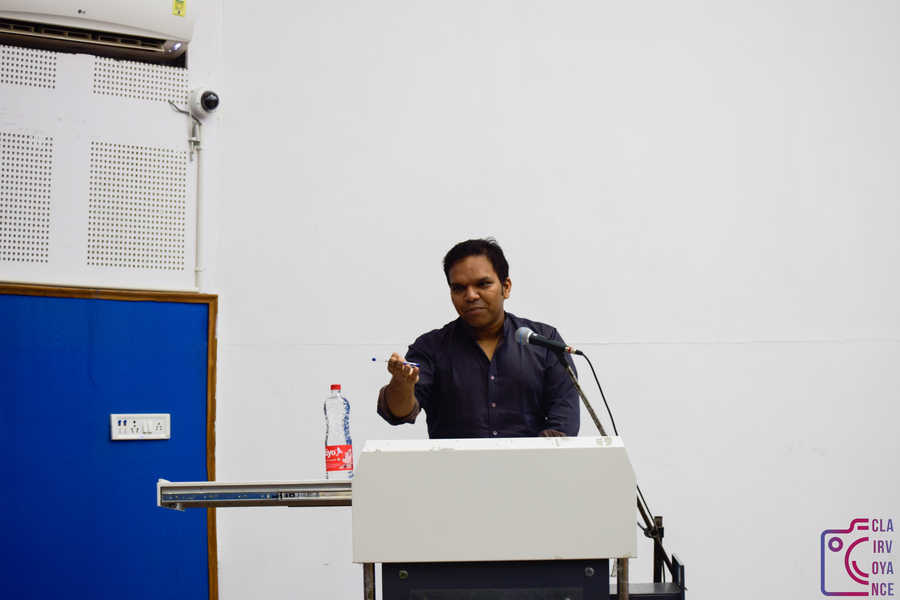
Srijan Pal Singh: One of the key elements of PURA was to create customized solutions for every village. Each PURA cluster of 30-40 villages was supposed to be a customized solution provider. Now, the Govt. finds it difficult to customize solutions at the base of the pyramid. Personally, I believe that if the local institutions like local universities, companies could partner with the Govt. in creating the best solution, it would be a much better fit.
Nevertheless, the Govt. did go ahead with some kind of PURA. But personally, I feel we have to be more proactive in involving youngsters from academic institutions in the process of delivering PURA. I think we have to involve more and younger people. So, yes, that element is missing. Like, see you are a young team doing something in RTI, settling everything by yourself, doing everything. You can also set up a mechanism on RTI itself that could empower people living in villages. They would know that if they’re not getting a service from the Govt., they’ve some sort of an electronic tool to raise a voice.
Now, the Govt. could also inculcate these kinds of projects, innovations, and start-ups in the process of PURA and rural development. I think we can transform the young energy that we have and that is the area which is vacant and I’ve pushed. I think you guys should also be there to support. I’m sure, this will change with time.
This is just the Part – I of the Interview. And to read further please subscribe toour magazine as it will be shared with our Subscribers Only! There’s a series of Interviews lined up of Top Entrepreneurs, Social Activists and Politicans. So subscribe before the offer ends!
Liked the article, review or interview? Then please Share and Comment to express your views on it. We’re the Corruption Crusaders! So kindly Subscribe and Join us in our initiative.
All the Names, Images and Trademarks are registered property of their respective owners.

RTIwala | Empowering the masses… by RTIwala Team is licensed under a Creative Commons Attribution-NonCommercial-NoDerivatives 4.0 International License.
Based on a work at rtiwala.com.
Permissions beyond the scope of this license may be available at contact-us/












































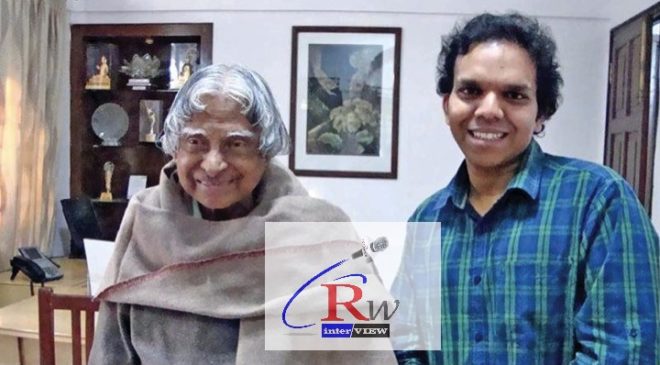




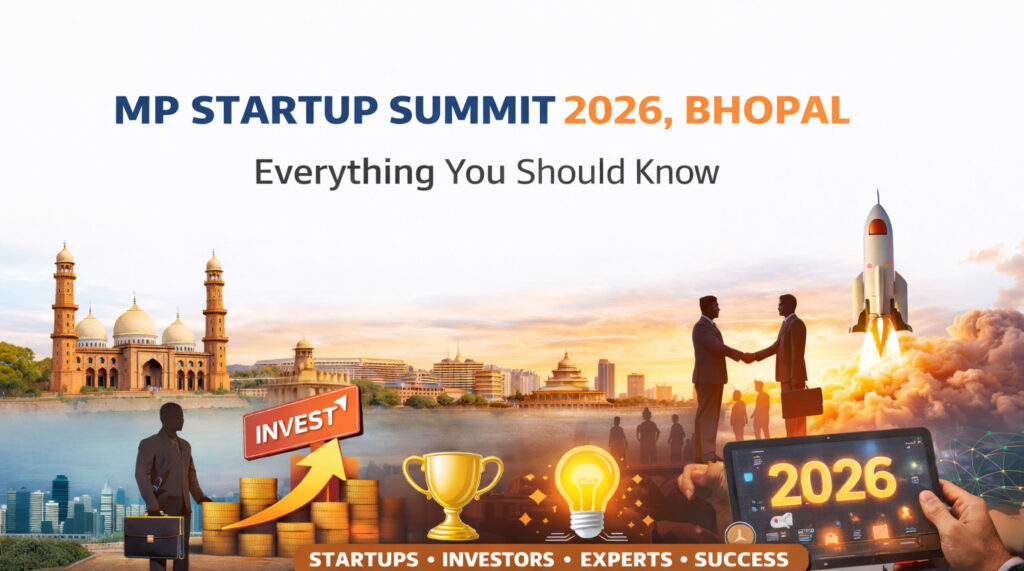

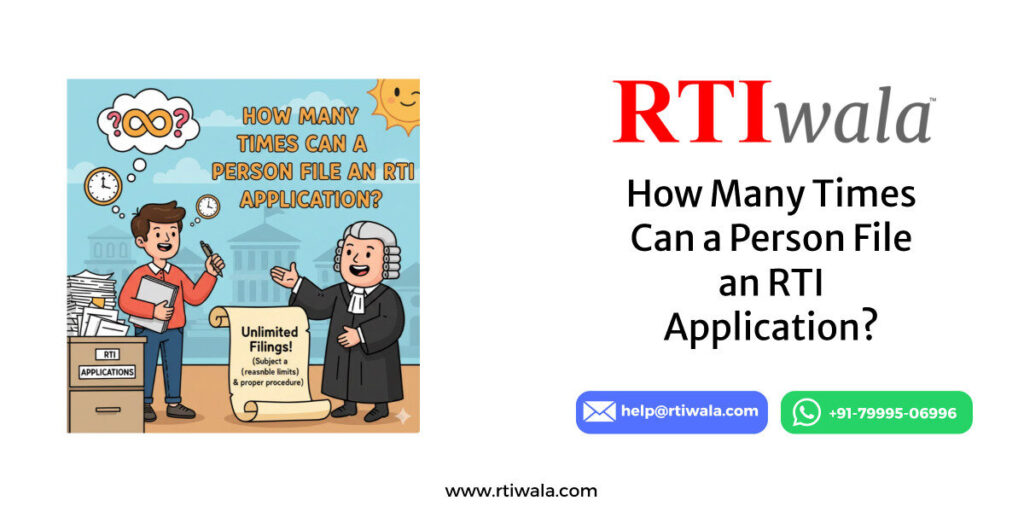

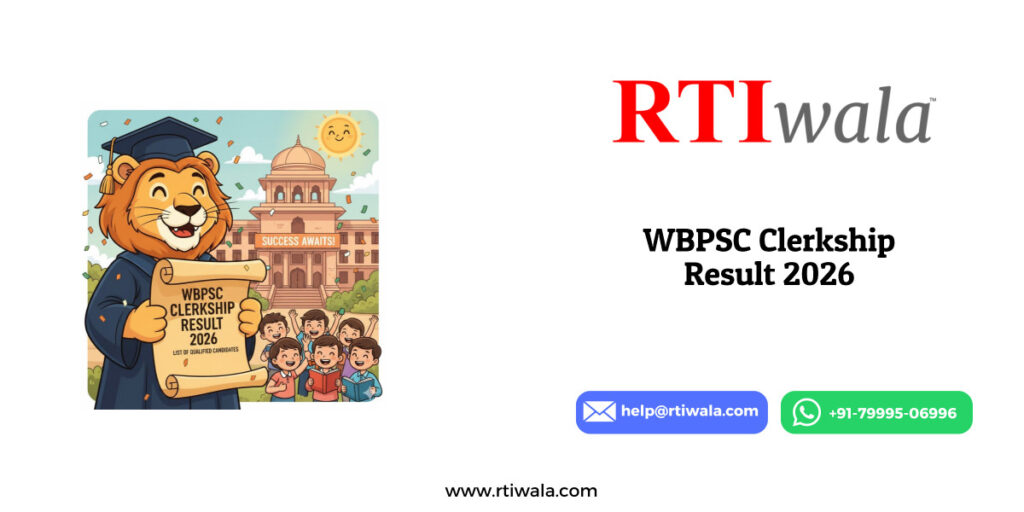
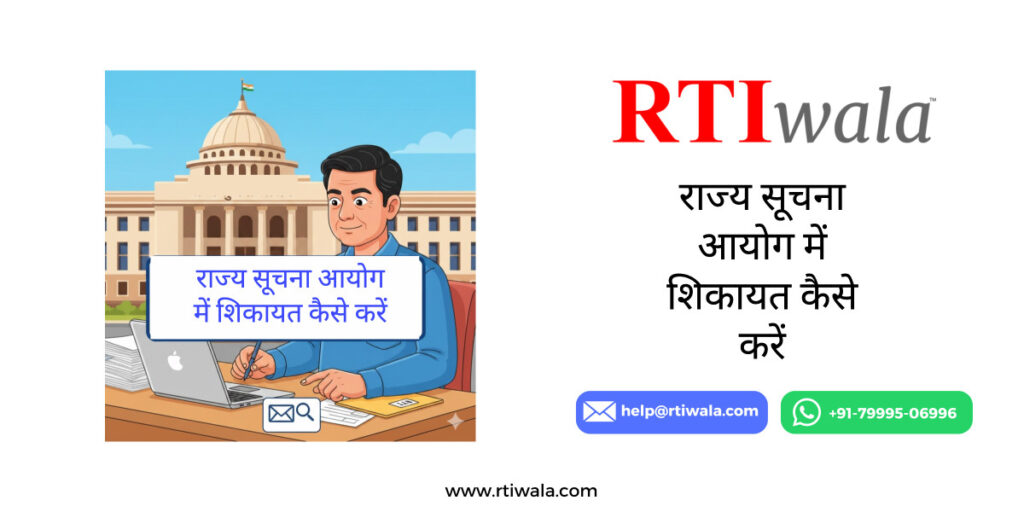


Comments 4